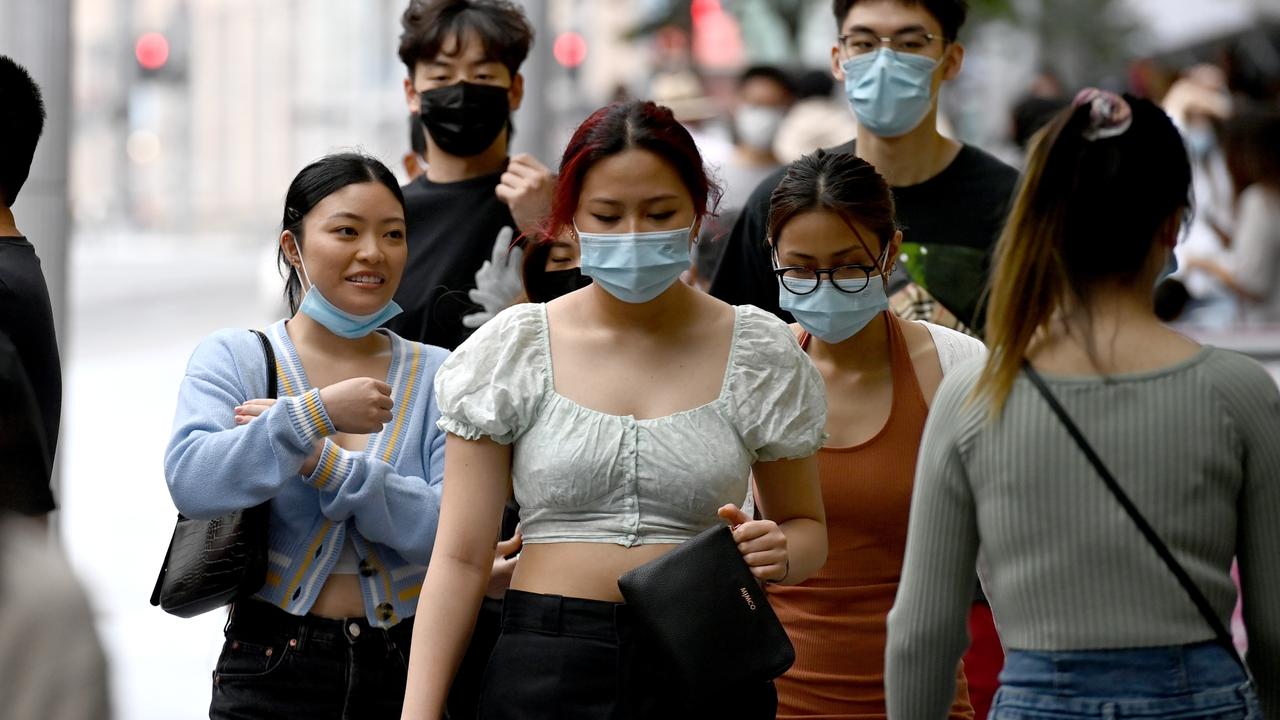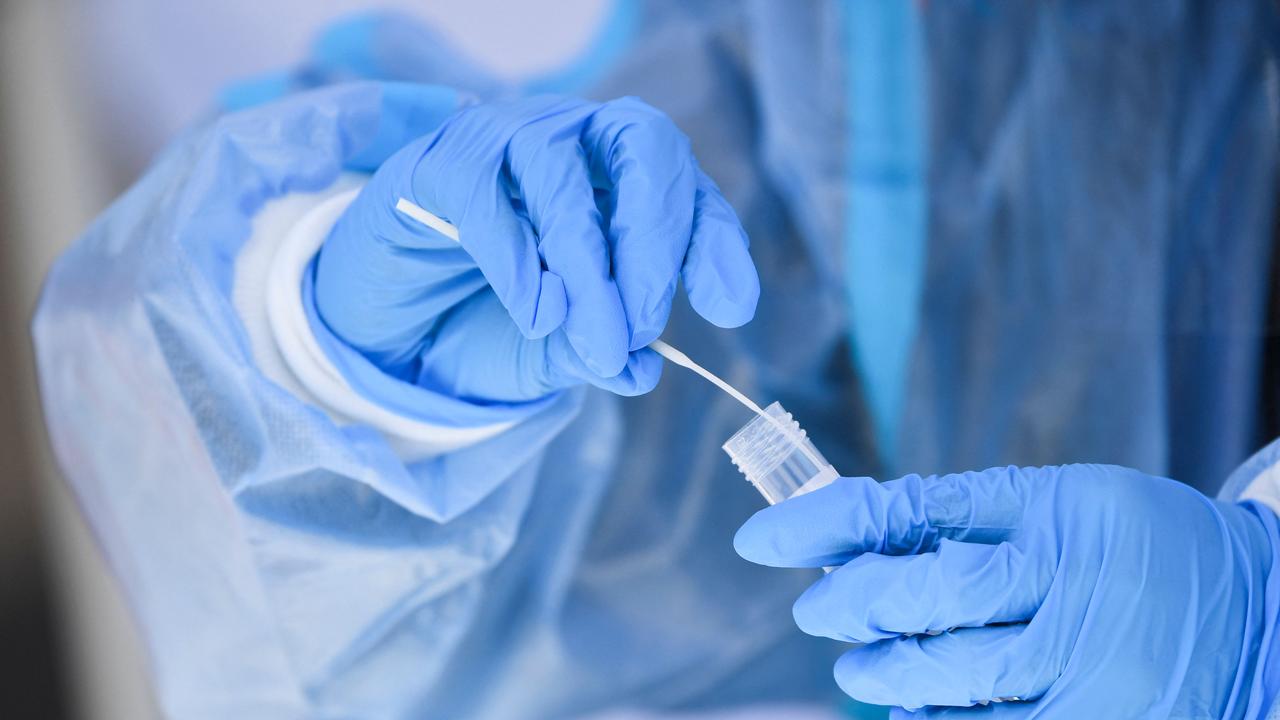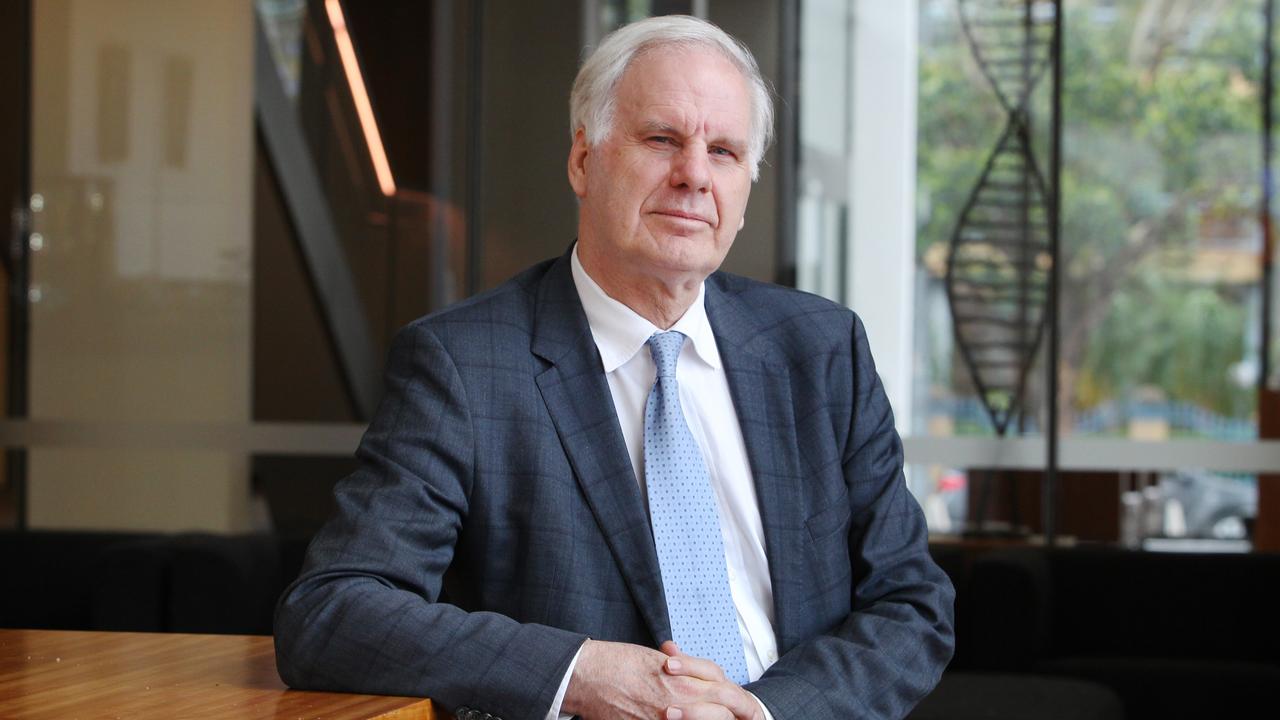Why some people are not immune to getting Covid a second time
There are two main reasons some people are not immune to catching Covid again even in the weeks after they’ve recovered from the virus.
Are you one of the unlucky Australians to have caught Covid more than once?
Perhaps, you have just recovered from Covid and want to know if it is possible to catch the virus again?
While it is unlikely, it is possible.
Sydneysider Nat Sorensen found that out last month when she recovered from Covid and just weeks later developed symptoms and tested positive again.
“I was shocked,” the 18-year-old told news.com.au. “It’s pretty unlucky.”
After sharing her story on TikTok, her comments were flooded with people guessing the reasons for her situation and sharing similar experiences.
Experts say there are two main reasons some people are not immune to catching Covid again.
Different variants
The simple message from experts is that if you have had Delta, you are not protected from Omicron.
“Omicron was able to evade the immunity that people had developed to Delta,” Professor Tony Cunningham, an infectious diseases physician, clinical virologist and scientist from The University of Sydney, told news.com.au.
“So someone that had Delta and got antibodies, the antibodies weren’t nearly as effective against Omicron.”
But Prof Cunningham said there was some good news, thanks to T-cells, the likelihood of severe disease when reinfected with Omicron was much lower.
The vast majority of people would also be protected from severe disease if they were fully vaccinated with a booster.
Stream the latest news on COVID-19 with Flash. Stream more than 20 global & local news sources. New to Flash? Try 14 days free now>

Professor Catherine Bennett, Epidemiology chair at Deakin University, explained on ABC TV that reinfection was how Omicron was discovered.
“It’s still possible to have reinfections. That’s how we discovered Omicron. It was doing that in South Africa. It only just cleared its major wave with Delta and they were seeing a lot of (Omicron) cases in people that had had a Delta infection.”
The concept is not exclusive to those two variants.
An Australian study published in July last year, before Omicron, found early variants in 2020 produced sustained antibodies, however, the antibodies were not as effective against contemporary variants of the virus.

The research showed that antibodies developed during the first wave had reduced effectiveness against six variants, including those observed in the second wave in Australia, as well as three variants of concern that had driven the global pandemic in the UK, Brazil and South Africa.
“What this work has shown us is that current observations about vaccines show they offer a much broader protection against Covid-19 and its variants than the body’s natural immune response following infection, which is usually only protective against the variant of the virus that the person was infected with,” Co-senior author Associate Professor Stuart Turville of the Kirby Institute said.
Immunocompromised
Immunocompromised people, such as transplant or cancer patients, can struggle to develop immunity after infection with Covid.
“Immunocompromised can either affect antibody production or it can affect T-cell production or it can affect both, and obviously this is really important because your risk of dying of Covid as a transplant patient is more than five-fold higher than immune competent people of the same age,” Prof Cunningham said.
He explained this is why it was so important for immunocompromised people to get their four doses of the vaccine.
“And still you may get a proportion of people that don’t develop antibodies,” Prof Cunningham said.
“There’s a particular type of leukaemia where people are being treated with immunosuppressant drugs where it’s incredibly difficult to get them to develop antibodies and they may even be treated with antibodies themselves – in other words they’re given people’s antibodies not their own.”

So, who is immune?
Fortunately the vast majority of the people who have recovered from Covid will develop some immunity, making their risk of catching the disease again low.
This is why many Australian states have different testing and isolation rules for people who have recovered from Covid for a specified time frame.
The rule in NSW is if you come into contact with someone with Covid within 28 days after you are released from isolation, you do not need to isolate or get a test unless you have symptoms.
In Victoria, anyone who has recovered from Covid is exempt from testing and quarantine requirements if they are re-exposed to a case within 30 days of testing positive.
The exact time frame of how long immunity lasts after infection is up for debate, but experts recently told news.com.au they believe this is likely a conservative approach and immunity could last for months. However, it varies from person to person.





